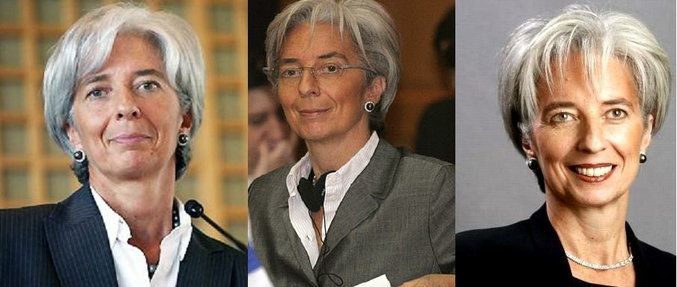La Startup Nation possède un système postal poussiéreux. Manque de productivité évident. Inefficacité reconnue par tous. Archaïsme des systèmes informatiques. La Poste israélienne a perdu $309 millions en cumulé. Israël a donc décidé de privatiser La Poste. 40% des actions de la Poste seront déjà privatisées en 2022. Le Ministre de la communication Yoaz Hendel l’a annoncé.
Dans LPH : « La Poste d’Israël perd son statut de monopole. La réforme portée par le ministre des Télécommunications, Yoaz Hendel, a été adoptée. Dans les grandes lignes, dorénavant, la distribution de courriers ne sera pas réservée à la Poste, d’autres compagnies pourront y procéder et par ailleurs la Poste pourra s’ouvrir à d’autres activités. Des prix minimum et maximum seront déterminés et à l’intérieur de cette marge, la concurrence pourra battre son plein.
La réforme a aussi pour objectif d’améliorer le service rendu au public, en le rendant plus accessible que ce soit sur place ou en ligne. »La Poste est une société qui nous concerne tous », a déclaré le ministre des Télécommunications, »mais c’est un fait que la plupart d’entre nous ne sont pas satisfaits du service qu’elle propose. La liste des plaintes qui m’arrivent est immense : des lettres qui n’arrivent pas, des queues interminables, des temps d’attente inadmissibles. Je ne peux pas tolérer cette réalité ».
Le but est donc de transformer la Poste en une entreprise concurrentielle et lucrative en procédant progressivement à sa privatisation. Une fois la société rendue plus attractive, l’Etat compte vendre 60% des ses parts à des investisseurs privés et le reste au public ».
LE PLUS. Israel aims to sell 40% of its national postal service in a Tel Aviv share offering by the end of 2022 and cut 1,600 jobs as part of its plan to save the financially strapped Israel Post Co from collapse, the communications regulator said on Thursday.
The remaining 60% stake would be sold to a strategic investor by mid-2023, Communications Minister Yoaz Hendel told reporters.
The service suffers from problems that have not been addressed for years, including a manpower surplus, inefficiencies, and over-regulation.
« After years of neglect, we are undertaking vital root canal treatment, » Hendel said.
Ministry officials could not provide a more detailed timetable for the offering on the Tel Aviv Stock Exchange, noting the process was under way and they were working with underwriters.
After years of poor performance, Israel Post — which has 5,170 workers — has been carrying out a major reorganisation, including changing its array of delivery centres and reducing its workforce.
Nonetheless, the company posted a cumulative operating loss of 1 billion shekels ($309 million) between 2016 and 2021 as the market changed and customers use the post less.
As long as the state remains in control, it will have to keep injecting hundreds of millions of shekels every few years, Hendel said.
Hendel said that under the plan, many postal services, such as registered mail, would be shifted to digital platforms within 18 months.
A 2018 plan for partial privatisation, including a 20% sale to a strategic investor and later an IPO of 20%, was not sufficient, the ministry has said.
On Wednesday, the post service’s board named David Laron, deputy chief executive of retailer Shufersal (SAE.TA), as its new CEO, contingent on government approval.
($1 = 3.2323 shekels)






